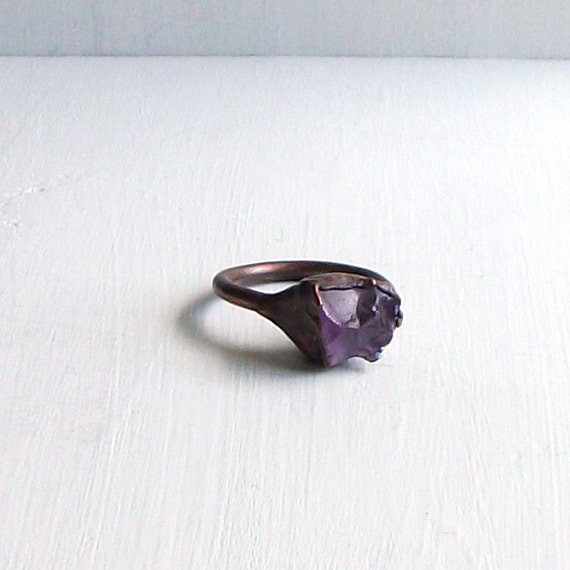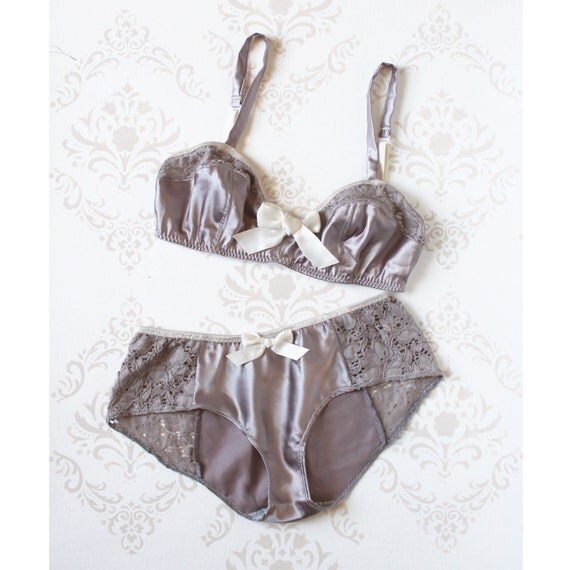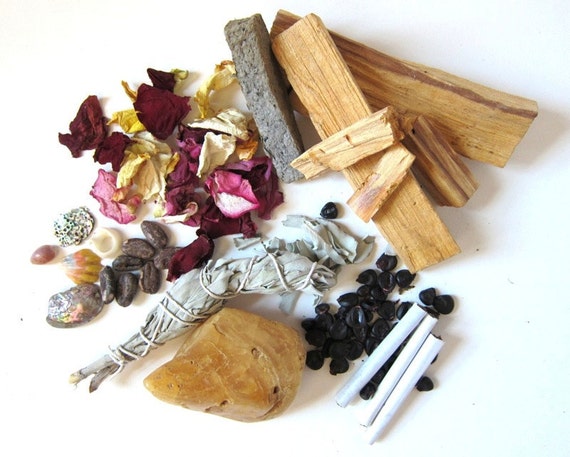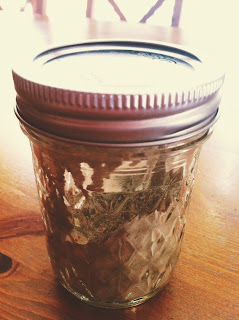Hey everyone! I am so excited to share a guest post with you all today from the wonderful Megan of the blog Live Well & Breathe! Enjoy!
***
When I excitedly agreed to write a guest post for Manda, I wasn't exactly
sure what I wanted to write about. Although I was
this close to
writing about something totally different, because I'm partway through a
food elimination diet right now, and it's having a huge influence on my
day-to-day. And so I thought it would be fun, instead, to shed some insight
on what a food elimination diet is, and share some of the tips I've
discovered to help clean up your diet without having to go the full monty.
I've been putting off this experience for well over a year now, which is how
long I've been working with my naturopath to remedy my stress and
accompanying digestive dysfunction. I'd been putting it off because I knew
it would require a tremendous amount of effort, but I finally submitted a
few weeks ago because I am determined to be kinder and more in tune with my
body.
If you look up "food elimination diet" on the internet, there is no end of
resources. The trouble is that you can get super overwhelmed by the
contradictions from site to site, and by the breaking down of the process
into elaborate phases. Rather than rely on the internet, I trusted my
naturopath's guidance, as she's been aiding me for so long now and is
familiar with my health, and because her approach is one of simplicity. She
gave me a three-page document that outlined food by food group what is
allowed and what's not. She specified a two-week minimum for total
elimination, and recommended a third if I'm feeling up to it.
The items that are not allowed include dairy, wheat, soy, eggs, sugar and a
variety of specific foods, like strawberries, peanuts, bananas and citrus
fruit (minus lemons and limes), which are all common sensitivities. What
this leaves is a seemingly pitiful list of fruits and veggies, certain
proteins and meats, and spices. I wanted to be certain that I wouldn't
violate any of the criteria during the course of my two to three weeks, and
also brought a list of items I was unsure about to my
naturopath.
The biggest piece of advice I can offer if you're planning to attempt a
total elimination is to prepare as much as you can well in advance. I picked
myself out a cute journal and on each page listed the food group, the items
that were not allowed and, below those, a list of the items that are
permitted. I dedicated a page each to breakfast, lunch and dinner, and
brainstormed a slew of meal ideas. I made notes on the various things I
needed to add to the pantry, like almond butter, rice crackers and canned
chickpeas. My husband and I also hit the grocery store one night after we
were well-fed and carefully picked out everything I needed to get started,
then I came home and assembled snacks and foods I could eat, like
powerballs, so that I had something to rely on in the first few and
difficult days.
And then the elimination started the very next morning. The journal I'd used
to prepare morphed into my food journal, and I've been writing down
everything I've eaten since then, and at what time, and am also noting the
general state of my health (like if my eczema flares up really bad at a
certain point). As of today I'm on Day 11, and I can't deny it's been tough.
There have been a few serious tantrums, and the occasional ultra-temptation,
but I have to confess that now, overall, I am feeling pretty
exceptional.
In three more days I can begin reintroducing foods one by on, based on the
list my naturopath gave me (sugar, wheat, alcohol). Then begins the process
of monitoring whether any particular food is causing a reaction (if a
reaction happens, you stop eating that food and don't reintroduce any new
foods for three days). I think, though, based on how fantastic I'm feeling,
that I may squeeze a few extra days of total elimination out of this
adventure. It feels kind of amazing to appreciate the sweet crispness of
apple and the rich savour of grilled salmon and the tartness of fresh
raspberries.
I'm kind of in love with this taste revival.
I wanted to share some things I've discovered over the past eleven days that
are invaluable if you're thinking about doing your own food elimination
diet, or if you're just interested in a bit of diet detox:
-I was really reluctant to attempt this diet over the summer months on
account of the fact that I tend to socialize more - and drink more - during
the summer, and I wasn't sure I was up to the challenge. I realized, though,
that apart from the fact that I always had an excuse why "now's not a good
time", summer offers such a smorgasboard of amazing produce. I'm also
inclined to eat more salads and cold picnic-style lunches during the summer,
which, on account of their ease, I find are better suited to my potential
for success.
-When I started this process, I grudgingly accepted that my social life
would cease to exist due to the limitations of my diet. I soon learned,
though, that it doesn't need to suffer. I'd say if you're worried about your
commitment, don't make any plans for the first three days, at least, as they
were the most difficult. I desperately wanted to go to a pool party I'd been
invited to for Day 3, but I knew in my gut it wasn't a good choice in my
volatile condition. The key is to make plans in advance, and talk to your
friends about your meal plans. We celebrated a birthday this past weekend,
and instead of the usual indulgent foods or possible dinner out, the group
of us contributed a healthy assembly of nutritious and exceptionally tasty
foods (grilled salmon!). I tease my friends when they eat something I'm not
allowed to, but I would never ask or expect them to eat what I'm eating.
They've been so supportive, however, and totally willing to shift plans in
favour of my meal limitations, which I am so grateful to them for.
-Expect some nasty headaches to start. Day 3 was the worst headache of all,
forcing me to take an extra strength Advil because I was feeling so rotten.
Fortunately, though, the severity of that headache never recurred, and they
seemed to mostly peter off sometime after Day Six. I've got some willow bark
on hand for tea if I find I'm feeling a bit headachey (which is mostly from
stressful workdays and not the side effects of the elimination).
-My naturopath recommended I avoid quitting caffeine cold turkey, as it
would only serve to make the first few days more hellish. I think it's best
to trust your instinct here. I'm not a huge coffee fiend, but I must have a
ritual cup in the morning, and pre-detox, was regularly succumbing to a
second morning-break cup. I still haven't cut out coffee totally, but I've
scaled back my intake significantly, now drinking a teacup-sized amount of
instant with rice milk in the morning, instead of my over-sized latte mug's
worth. I've been avoiding caffeinated teas, save for a couple of occasions,
and instead have been drinking rooibos chai, which is herbal and decaf and
satisfyingly fills the absence that coffee has left.
-Drinking a full daily dose of water is critical. I happened to be
participating in a water challenge before I began my food elimination, so I
was already in the swing of monitoring my water intake. I would definitely
recommend monitoring your water intake a week before the detox begins, to
ensure you're hydrated and energized and prepared to take the
challenge.
-Carbonated water has become one of my favourite things to drink now,
especially infused with some lemon or lime. It would be just as good
flavoured with some muddled raspberries or mint. It's hydrating and
refreshing and makes you feel less-deprived when you can't indulge in the
glass of wine your friends are sharing. I've been drinking carbonated water
like crazy in this summer heat, but have avoided over-doing the Perrier, on
account of it containing more sodium.
-
Po
werballs have been a staple. I made a huge batch the day before I began
detoxing and froze half the batch for later-on sustenance. They are a
perfect dose of quick and tasty protein in a pinch.
-It's important to check that you're nut/rice/coconut/etc. milk is not
sweetened. I've found only a couple of varieties so far that don't contain
some form of sugar (aka evaporated cane juice). I was successful in finding
an unsweetened vanilla brown rice milk, which is now my absolute most
favourite.
-Seafood has been another saving grace for me, as far as protein sources.
I've been eating shrimp meat, salmon and even scallops, and am enjoying how
light and delicious it is. My naturopath did warn, though, to limit canned
tuna to no more than once a week (not just for a food elimination, but in
general) due to the metals it contains.
-Avocado is what saved me from a total no-cheese-meltdown. I've read in the
past that cheese actually has a drug-like effect on us, and I don't doubt
this after the unexpected anxiety the absence of cheese produced for me.
Avocados are rich and creamy and are the perfect substitute for cheese. I've
also been using them for
pasta and shrimp sandwiches, which have become my favourite detox meals
so far.
-I miss the ability to add a little butter to my steamed brown rice or
quinoa, but have discovered that a teeny drizzle of olive oil and a touch of
sea salt is a superior replacement. A squeeze of lime, as well as tahini and
garlic dressing, have also become seasoning favourites.
-Check canned beans to ensure they contain no preservatives (most of them
do!). Salt is somewhat okay, as you can rinse the beans in a sieve, but
anything un-pronouncable shouldn't be on the label.
-I've tried to avoid going to the health food store for speciality items too
much, but I do think it's worthwhile to have a browse and see if there's
anything that could enrich or improve your food elimination experience. I
found a box of sugar-free brown rice crackers that are a nice luxury, and
the biggest game-changer so far: sugar and gluten-free muffin mix. I added
blackberries and sprinkled them with cinnamon, and have been topping them
with 100 per cent fruit jam. Granted, they're nowhere near the same as the
cakey muffins I'm accustomed to, but they are an exceptional treat.
-You can use ground flax in baking in place of eggs! As I'm not allowed to
eat eggs, and the pre-packaged muffin mix I bought called for two, I mixed
up some flax and water instead. 1 tablespoon of ground flax + 3 tablespoons
of water is equivalent to one egg!
-You can actually whip coconut cream to make a detox-friendly whip cream
alternative. Buy a can of coconut milk, turn it upside down and put it in
the fridge until it's thoroughly refrigerated. When you open the can, all
the cream should be at the "top". Scoop it into a bowl, but avoid getting
too much of the coconut water mixed in (you can save the water to blend in
smoothies!). The coconut cream can be whipped up with an electric whisk or
mixer and is amazing topped on fruit. This morning I ate it with my
detox-friendly muffins, and it was pure and glorious indulgence.
-I've found this food elimination process has been a strange dichotomy of no
energy and hordes of energy. My physical energy, particularly at the start,
has been low - I haven't felt like going for long walks or doing anything
too strenuous, and I find I'm yawning for bed earlier than usual. My mental
and emotional energy, however, has been invigorated, and I find I can spend
hours bent over painting or doing something repetitious and gentle. I've
found, too, that detoxing can draw out emotions or feelings that are
otherwise subdued, so that it becomes almost an emotional detox as much as a
physical one. It welcomes a sense of clarity and inspiration that I am
especially appreciative of.
Feel free to stop on over on by at
Live Well and Breathe if
you're interested in keeping up my food elimination experience. Thanks for
the opportunity to share, Manda and friends!
M.
***
Thanks so much for the guest post! Megan is a seriously awesome lady and if you're not following her blog you really should be!
Manda Rave
(P.S. My birthday is on Monday, not yesterday, haha)





















